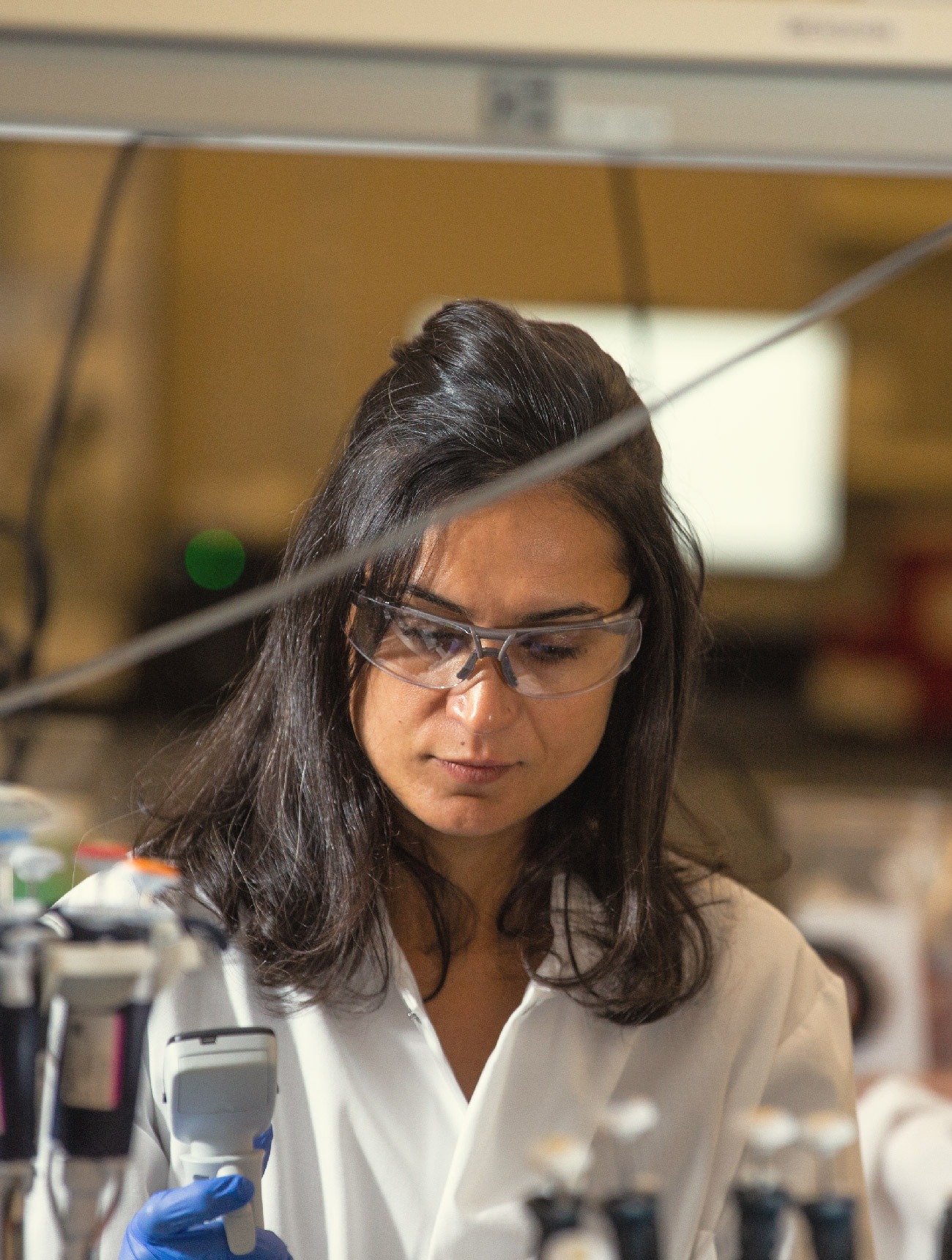Great science requires great teamwork. By truly listening to and trusting partners, collaborators, healthcare providers, advocates, and patients we are able to identify and pursue the ideas that can make the biggest impact for people living with rare diseases.
Explore our partnership opportunities and learn more about the ways we can work together to make a difference in patients’ lives.




